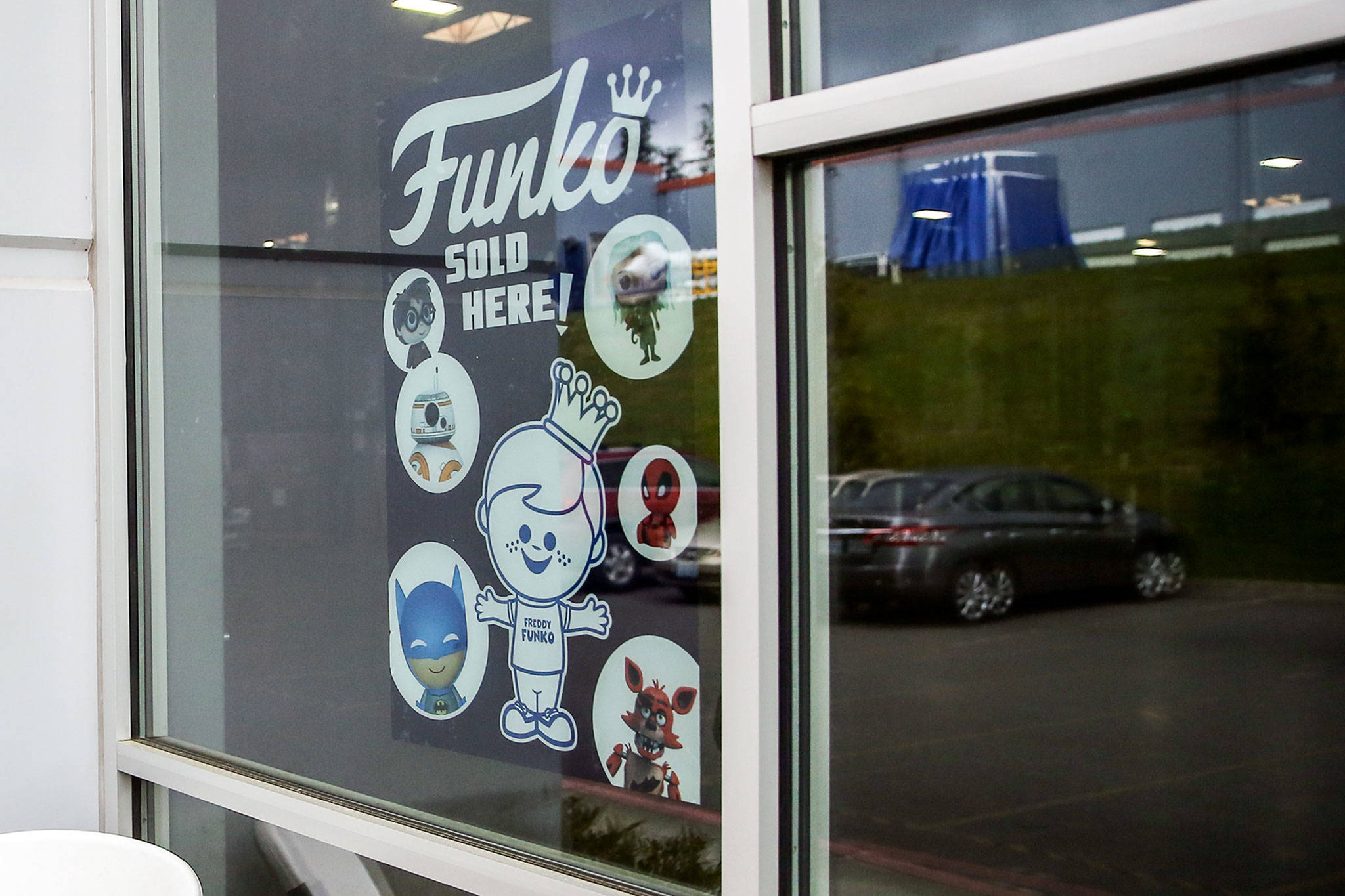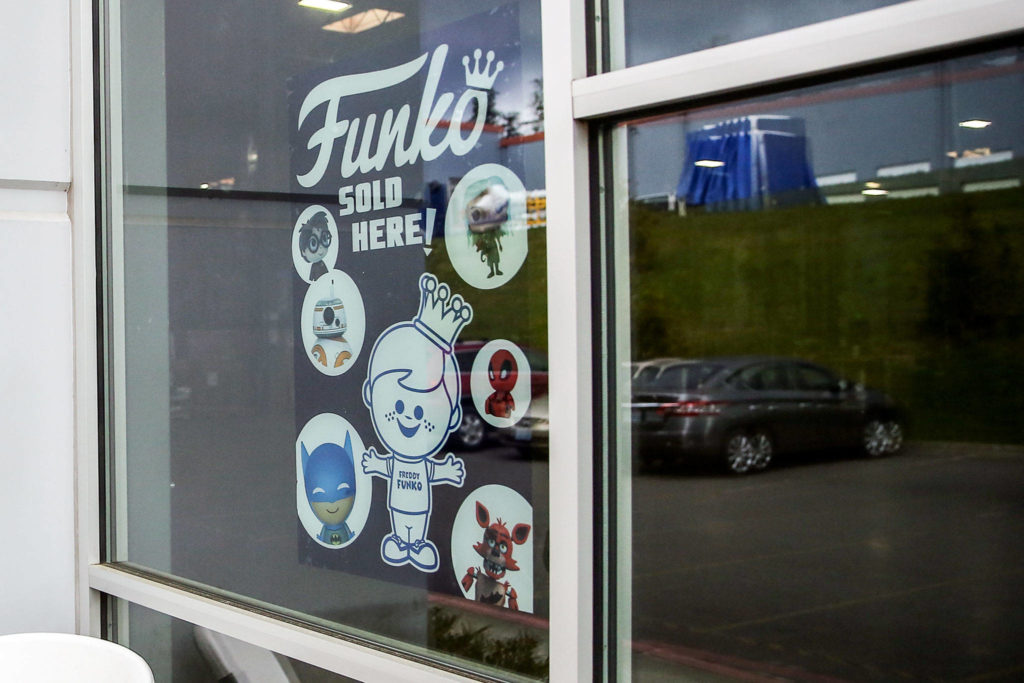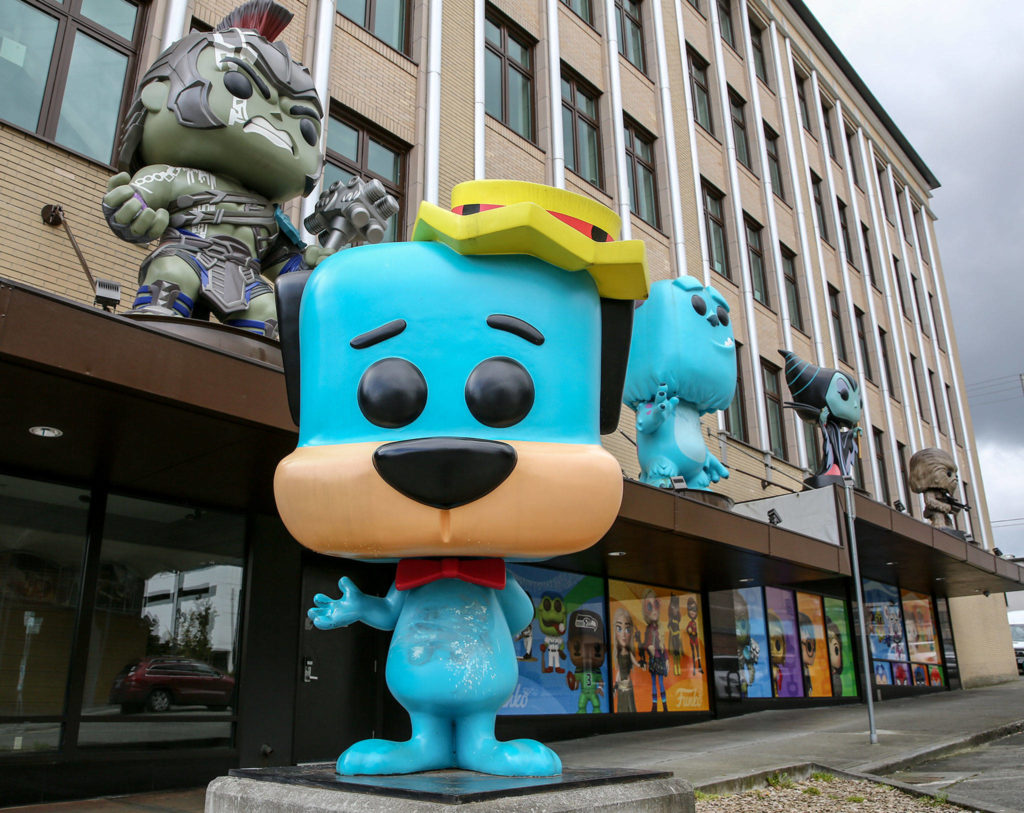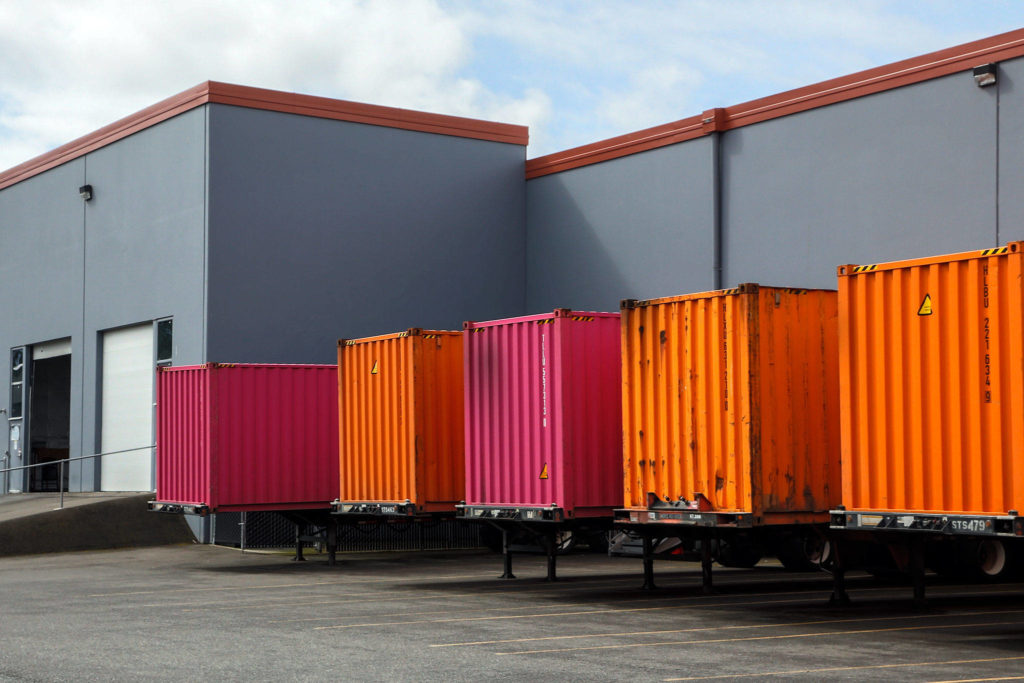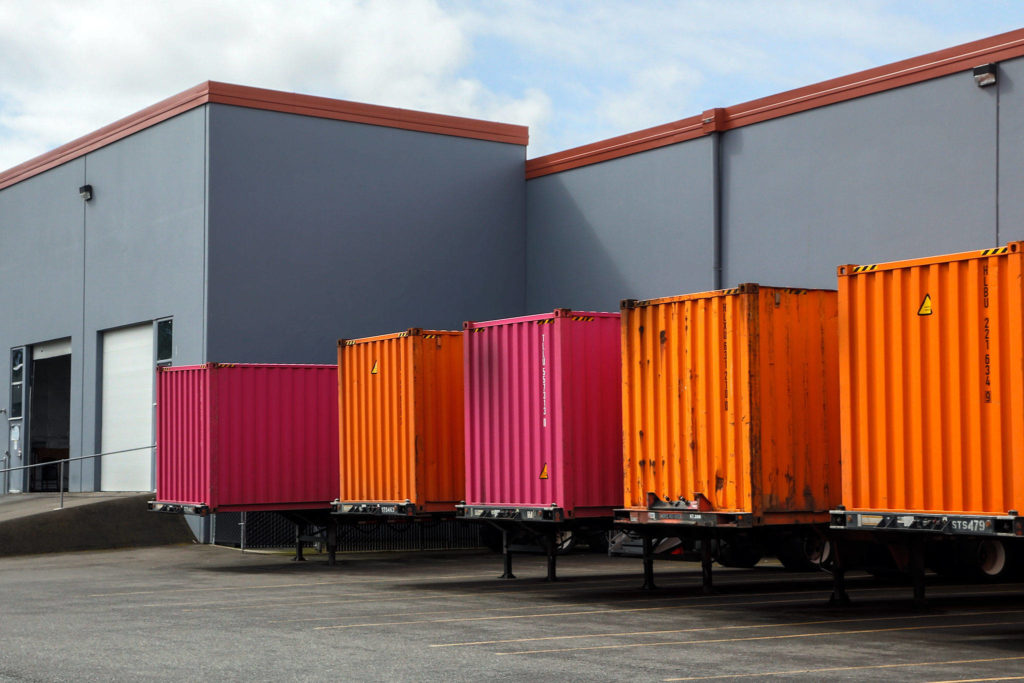EVERETT — During a pandemic, what’s an essential business, and what’s not?
Judging by the more than 12,000 seeking an exemption from Gov. Jay Inslee’s “Stay Home, Stay Healthy” order — and the more than 7,000 complaints logged with the state alleging violations — there’s not wide agreement, despite release of a long, explanatory list.
Penny Thomas, state Department of Commerce spokeswoman, said a team of emergency operations staff is sorting through “thousands of requests to make determinations as quickly as possible.”
While businesses wait for a response, they can continue to operate during the coronavirus outbreak, she said.
Among the sectors detailed in the list of essential businesses and occupations are health care, law enforcement and first responders, of course; public works; food and related agriculture; utility providers; transportation and logistics; communications and information technology, including the news media; government; and “critical” manufacturing.
Some not mentioned in the list have come up with their own interpretations.
Do florists delivering flowers qualify as “agriculture”?
Washington Floral Service, a wholesale firm with warehouses in Tacoma and Spokane, applied for and received a state exemption, Chris Berglund, a company vice president, told The Herald. “We’re essential,” Berglund said.
Many of his customers — retail florists — are also seeking exemptions. “From what we’re hearing, it’s a 50-50 split on whether florists are getting an exemption,” Berglund said. “It seems to depend on whether they say they’re a flower shop or agriculture.”
“If you can do a food delivery, you can just as easily do a floral delivery,” he said.
Can yacht and pleasure boat dealers fit into the transportation category — as “marine consultants”?
Harry Walp, president and CEO of Northwest Yacht Brokers Association, said it’s not yet clear if boat sellers are essential businesses. Essential marine industry jobs include consultants, naval architects and surveyors, but the state order doesn’t specify whether that applies to recreational or commercial segments of the industry, Walp said.
“Several of my associates are taking a liberal interpretation of ‘consultants’ and make the argument that yacht brokers fit that description,” Walp said. “If so, yacht sales could be deemed essential. My concern is that a yacht broker potentially places himself, his family and his associates in harm’s way if he resumes sales activities. The yacht brokerage industry is taking the COVID-19 pandemic very seriously and the vast majority of our members would prefer to err on the side of caution.”
About that Funko order …
Meanwhile, hundreds of U.S. retailers are now focused on e-commerce delivery because retail outlets are shuttered. To fill orders, warehouses and distribution centers are open for business. Are those essential?
Clothes, handbags, outdoor gear, bedding and toys are all available online from the likes of Washington-based Nordstrom, REI and Amazon, as well as retailers in other states.
Everett-based toy maker Funko is among them, with warehouses here and elsewhere open for business.
Perhaps best known for Pop figurines, Funko has closed retail stores, and employees at the downtown Everett headquarters may work at home. But that’s not the case at distribution centers like the one in Everett.
It’s important to keep Funko’s “critical supply chain moving and to fulfill orders for key retailers and e-commerce customers,” according to a memo from CEO Brian Mariotti, sent to employees last week and obtained by The Daily Herald.
The decision to ship toys doesn’t hold water with some Funko workers and their families.
The state rules seem to say that while it’s OK for retailers whose products include essentials to conduct business, facilities that specialize in non-essential items may not: “Retail which is, in part, deemed essential shall, in total, be deemed essential. This does not apply to non-essential retail that is easily separable from the essential retail area. Easily separable means separate locations or buildings, separate staff, etc., such that the closure of the non-essential retail portion will not affect the essential portion.”
“How in the world are plastic toys essential to anyone during this pandemic?” a Funko warehouse worker’s parent wrote in an email to The Herald. “I know that Funko has been a shining star for Everett. But how can this be right or fair?”
A Funko worker said employees at the warehouse unload toy shipments and then repackage them for individual orders.
“We do have sanitizer and gloves,” they said, “but we don’t have any masks.”
Jessica Piha-Grafstein, a Funko spokeswoman, said in an email to The Herald that the “safety and well-being of our employees is paramount. We have closed our retail stores and significantly reduced our operations at the warehouses” and taken “stringent measures” to keep people safe based on current government recommendations.
But some workers clearly are concerned enough to stay away. On Thursday, less than a quarter of 100 scheduled warehouse employees reportedly showed up for work, a worker said.
A matter of interpretation
Dan Eernissee, Everett’s economic development director, said “the governor’s order is interpreted to exempt warehouse workers involved in online retail transactions, not necessarily because of the specific products they manufacture, but because they are part of the larger global logistics and supply chain.”
City officials “have been in communication with Funko, along with many other large and small businesses in our city,” Eernissee said. “Funko’s retail and offices are shut down and their warehouse is operating at about one-third.”
And there’s an argument to be made for at least transporting, if not actually selling, non-essential products.
The Journal of Commerce reported this week that cargo and cargo containers are piling up at some U.S. ports because non-essential businesses aren’t allowed to pick up their shipments.
That led U.S. Federal Maritime Commissioner Daniel Maffei to question “well-meaning policies both on the corporate and government level” that prevent firms from retrieving non-essential consumer goods, adding that port pile-ups could hinder “vital goods and food” from coming in, he told the Journal.
Funko says it is “supporting the movement of goods to facilitate the Seattle-Tacoma supply chain by processing online orders.” Many of Funko’s products, manufactured overseas, travel by cargo ships to the Port of Tacoma, where the containers are unloaded and then trucked to the Everett warehouse.
The need to clear the terminal and keep the supply chain moving is real, said Eernissee, the Everett economic development director.
“In a simplistic example, as a container ship off-loads, a container of non-essential Funko Pops off-loads before a container of N95 masks. The Pops are loaded on a truck and head to the warehouse.
“If the Funko warehouse does not take delivery of the Pops, the truck cannot return empty to get its load of masks,” Eernissee said. “This illustrates the complexities of our economy.”
Counters a Funko worker’s spouse: “I can see that you don’t want to block medical supplies. It’s one thing to pick up containers, but having people put together orders is another thing. They’re basically at the warehouse, unpackaging stuff and repackaging it and sending it out.”
Voluntary compliance — or else
The governor on Wednesday called on businesses and manufacturers to join the fight against the COVID-19 virus and pivot production to personal protective equipment and other medical supplies — including hospital gowns, face shields and N95 masks.
“I’d like to see businesses make a few less toys, a few less cup holders and start making this life-saving equipment,” the governor said at a news conference.
He has said the state is focused on getting businesses to voluntarily follow the rules. A new online complaint form allows anyone to report a firm they think is violating an aspect of the executive order.
Companies will be contacted and encouraged to comply. If that doesn’t work, a business could have its license suspended or revoked and it could face civil or criminal charges.
The goal is “100 percent voluntary compliance, ” Attorney General Bob Ferguson said Wednesday at a news conference. But he would pursue civil or criminal action if necessary because “lives depend on it,” he said.
Herald writer Chuck Taylor contributed. Janice Podsada; jpodsada@heraldnet.com; 425-339-3097; Twitter: JanicePods
Talk to us
> Give us your news tips.
> Send us a letter to the editor.
> More Herald contact information.
